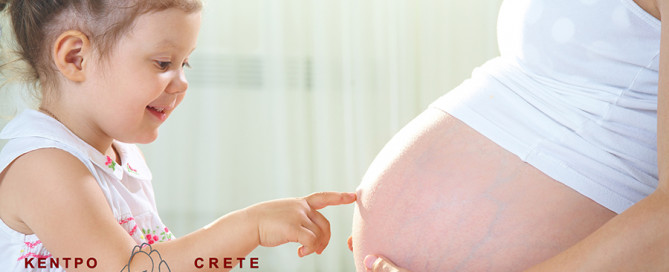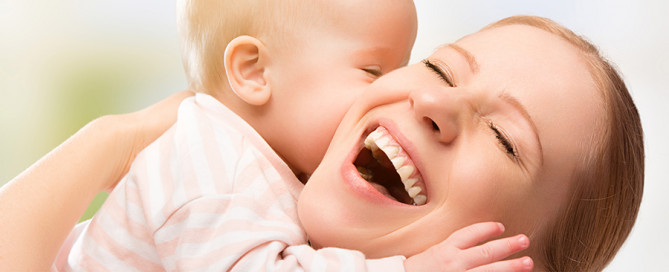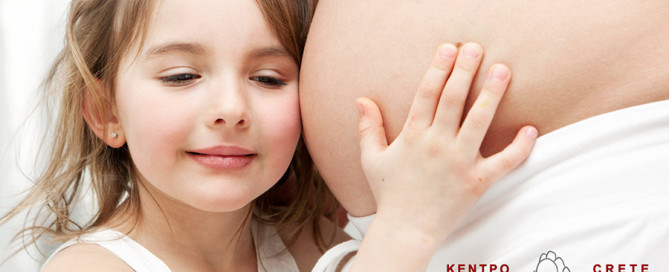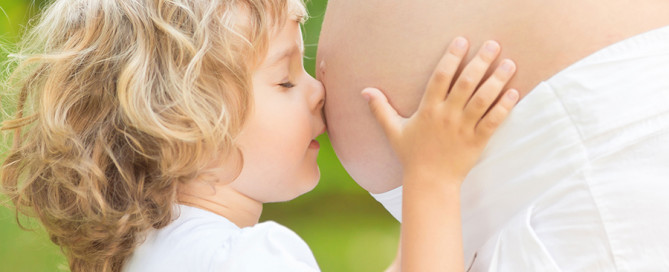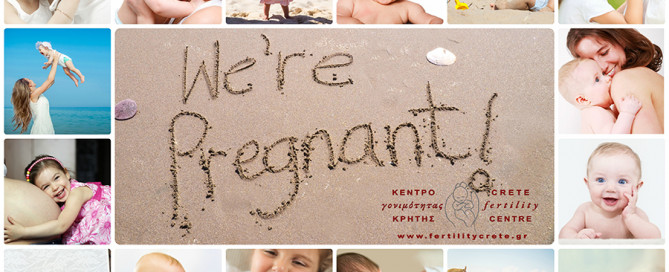Profession and income affect IVF success
Female teachers are more likely to conceive during IVF treatment than their peers of a similar age in similarly paid professions, research shows. The study of more than 1000 women undergoing IVF treatment in the USA also showed that those employed in investment banking and engineering had the worst chances of successful treatment. This was

